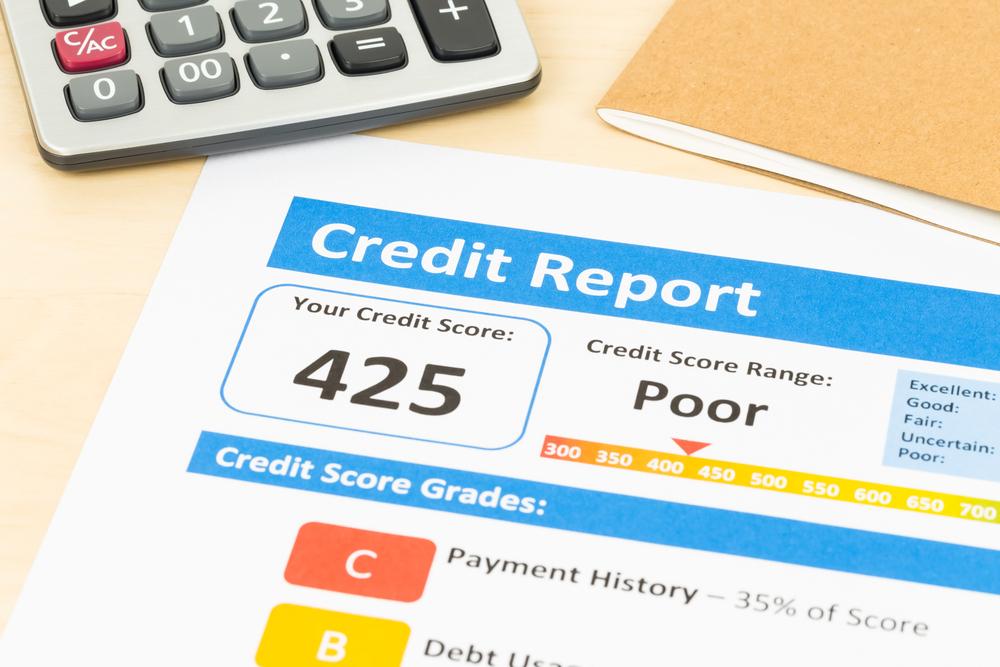Proven Strategies to Improve Your Credit Score
Learn effective, do-it-yourself methods to repair and improve your credit score. From reviewing your report and disputing errors to managing debts and credit utilization, these practical strategies will help boost your credit health over time, saving you money and ensuring better financial opportunities.

Proven Strategies to Improve Your Credit Score
Enhancing your credit score involves understanding and correcting your credit report. You don’t need to rely solely on professional credit repair services, as many steps can be done independently, saving money.
Negative and accurate entries remain on your report for up to a decade. By systematically building positive credit habits, you can boost your score and avoid costly repair services.
The initial step is to review your credit report thoroughly. Use online resources to learn how to identify errors. If inaccuracies are found, dispute them promptly. Watch out for unfamiliar accounts, as they could indicate identity theft or fraud. Ensure all information is correct before taking further action.
Next, focus on improving your payment history, as it significantly influences your credit score according to FICO models.
If you have late or missed payments, they can adversely affect your score for up to ten years. Handling overdue accounts and maintaining punctual payments will gradually enhance your credit profile.
Assess your credit utilization ratio, which compares your owed amount to your total available credit. Keeping this ratio low — by paying down balances or requesting higher credit limits carefully — is critical. Increasing your credit limit can help but may lead to more debt or temporary credit score dips due to inquiries. The safest method is to reduce existing balances to improve your utilization rate.
Evaluate your total number of credit accounts. Paying off debts and keeping the accounts open with a good history can positively impact your credit score. Conversely, closing accounts with long-standing and positive histories may sometimes be beneficial, especially if keeping them risks future debt accumulation.
Before opening new credit lines, consider the potential impact. Multiple new accounts at once can appear risky to lenders and may temporarily lower your score.
If debt becomes unmanageable, consulting with credit counseling agencies can be advantageous. These professionals can help create a Debt Management Plan (DMP), negotiating lower monthly payments and consolidating debts. Such management shows up on your report without harming your credit score.
Allow approximately 30 days for your credit report to update after making changes. Building a solid credit history is a gradual process, often spanning years. Consistent positive behavior will reflect positively over time, helping you attain a healthier credit score.










